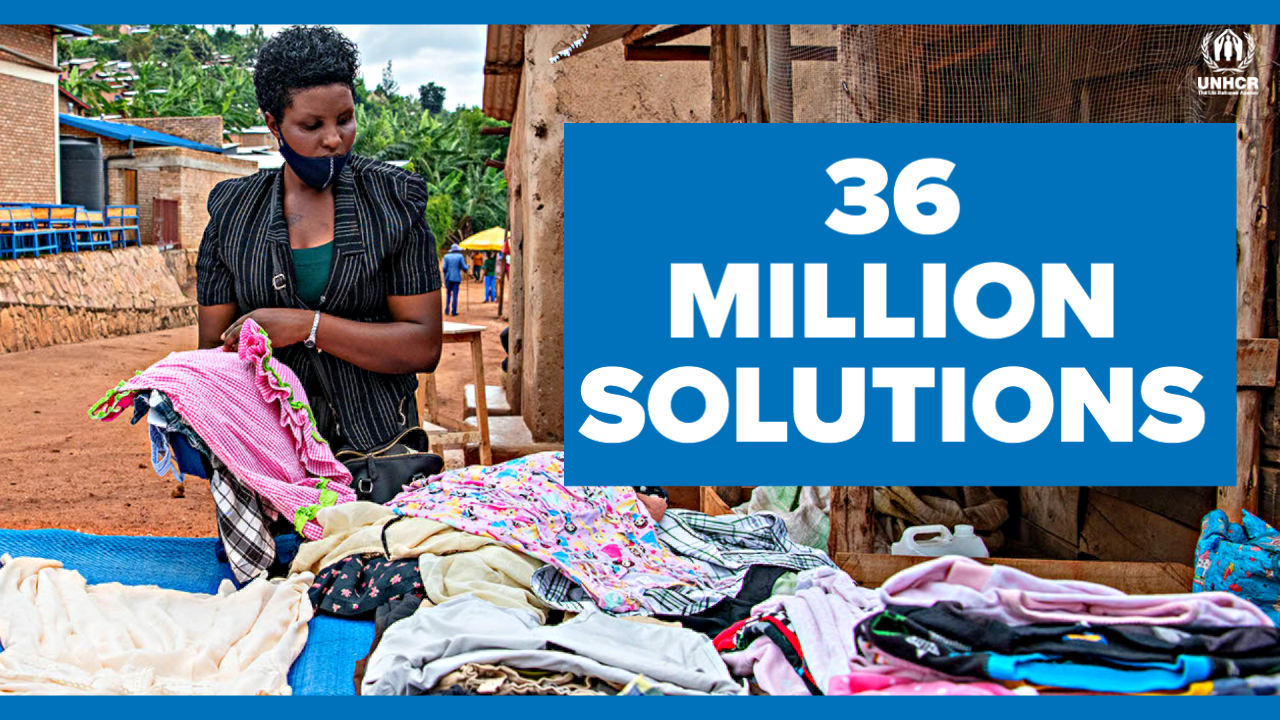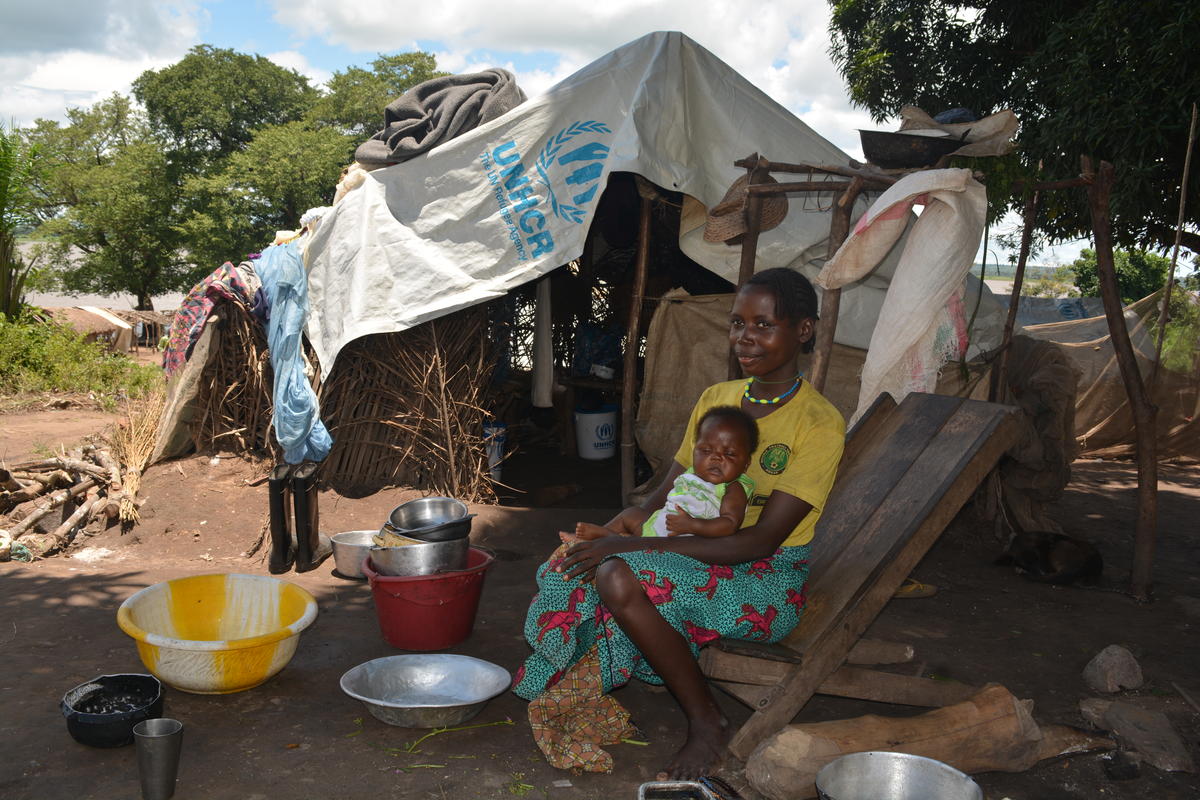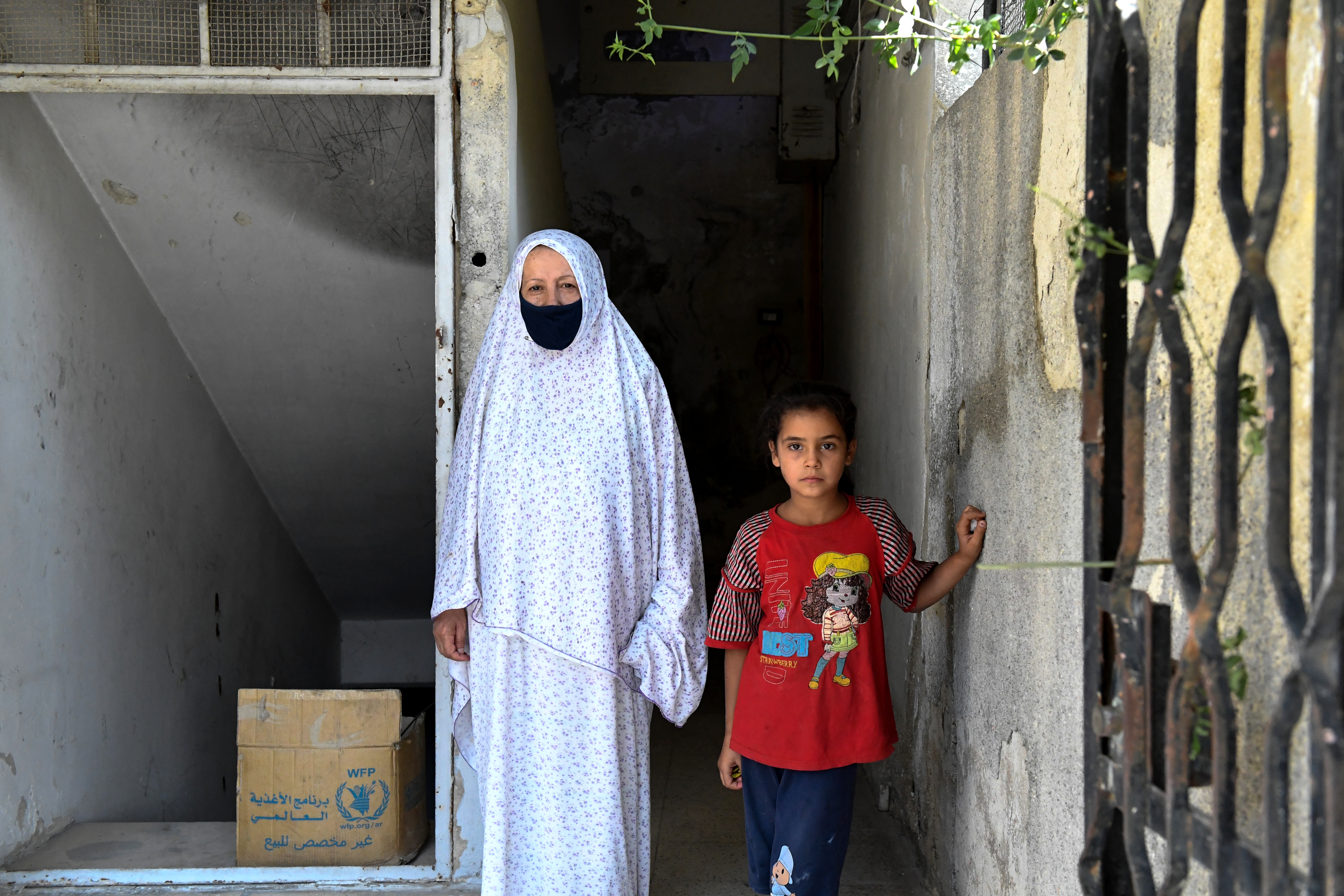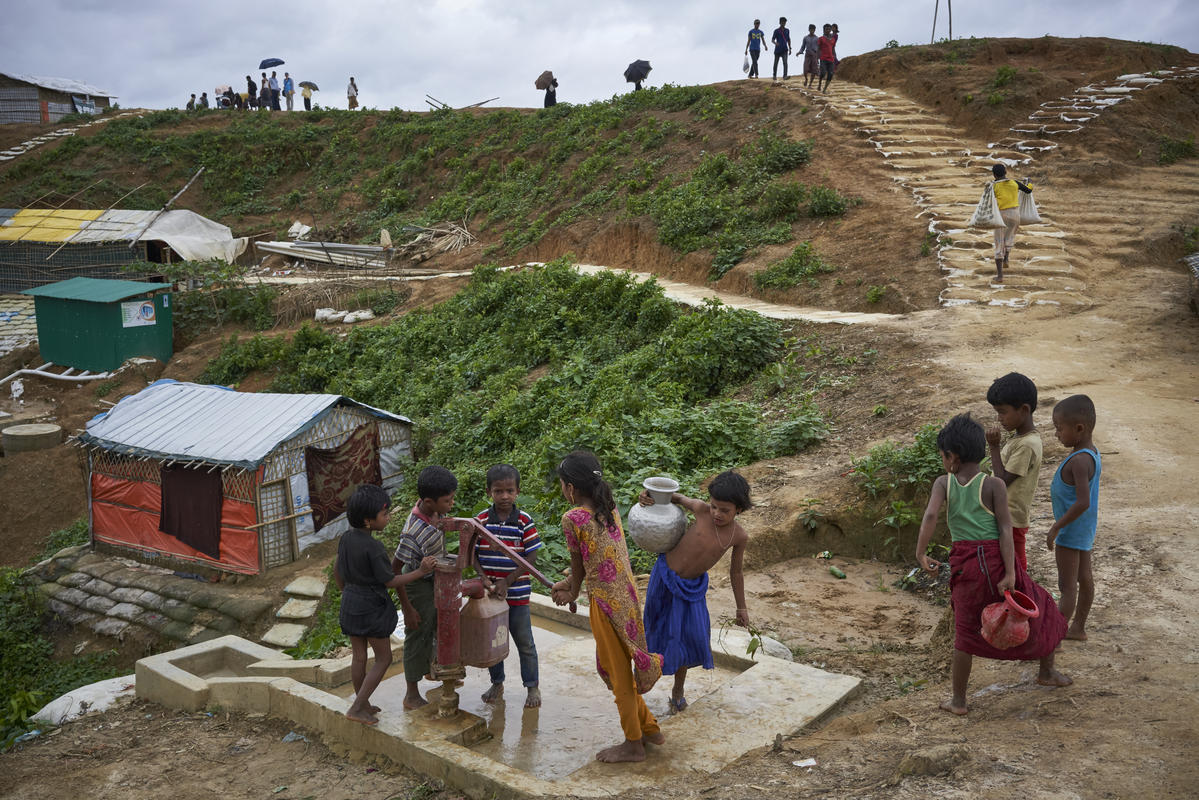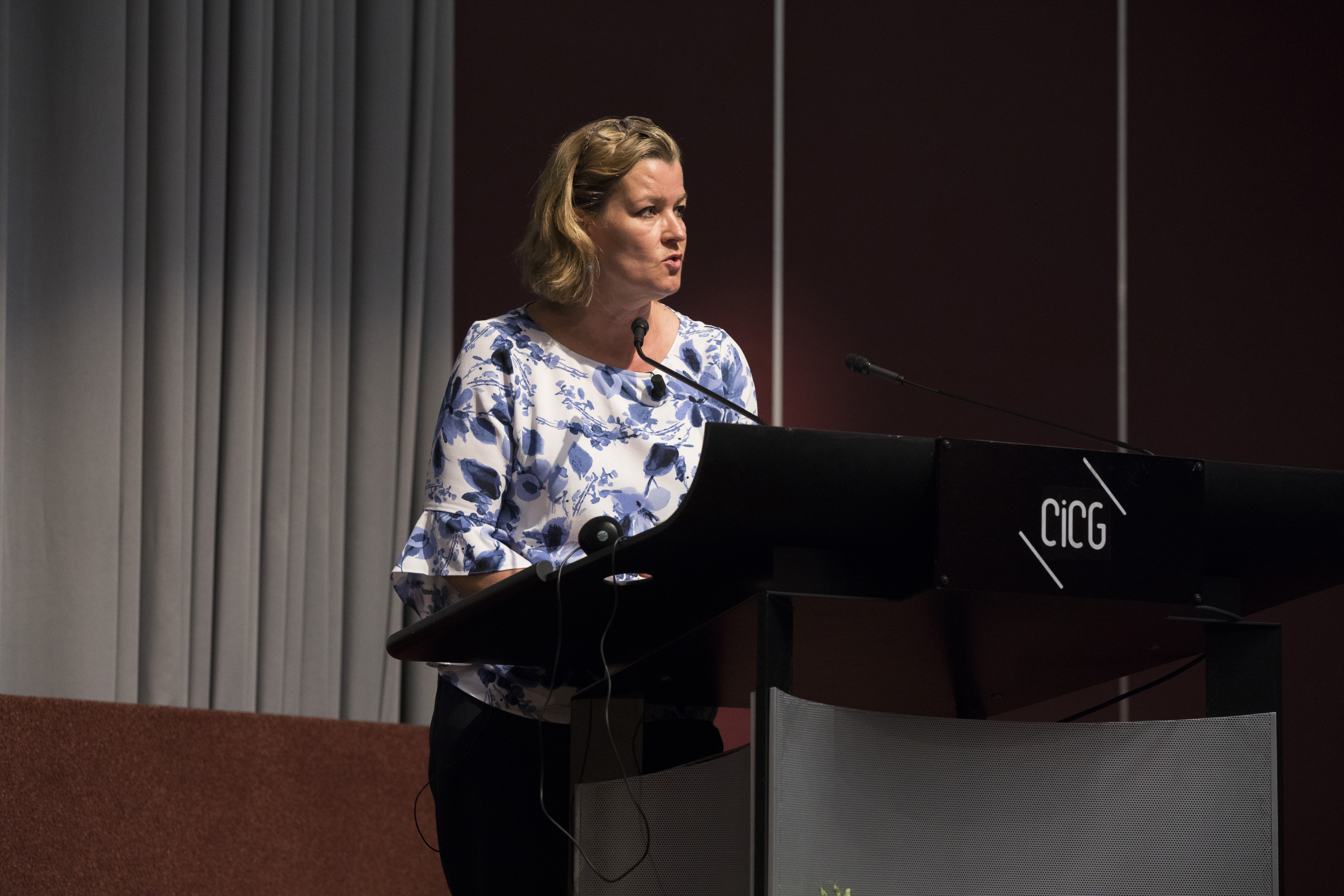Nearly 200 non-governmental organizations gather for annual meeting with UNHCR
Nearly 200 non-governmental organizations gather for annual meeting with UNHCR

GENEVA, September 27 (UNHCR) - More than 300 representatives of some 190 non-governmental organizations (NGOs) working with the UN refugee agency around the world began two days of annual consultations on Tuesday at the UN's European headquarters in Geneva.
The Annual Consultations with NGOs precede the yearly meeting of government members of UNHCR's Executive Committee - the agency's governing body. The five-day Executive Committee meeting begins in Geneva on October 3.
High Commissioner for Refugees António Guterres, who will present the closing address at the NGO meeting on Thursday, said in a note of welcome to delegates that their forum would focus on three broad themes: new trends and issues in UNHCR-NGO partnerships; guaranteeing the right to seek asylum; and realizing refugee rights.
Welcoming the 192 NGOs from 78 nations, Deputy High Commissioner Wendy Chamberlin said UNHCR "places a very high priority on our partnership with NGOs - we can't do it without you."
Gil Loescher, professor emeritus of political science at the University of Notre Dame and senior research fellow at the University of Oxford, gave the opening address on protracted refugee situations. According to a UNHCR study in 2003, there were 38 major protracted refugee situations worldwide in which 25,000 or more people were housed in camps or settlements for five years or longer. The 38 situations involved a total of 6.2 million refugees.
Loescher described protracted situations, some of them lasting for decades without a solution, as "one of the most difficult problems in the world today."
He said the "shameful existence" of so many long-term refugee situations around the world required an urgent global response. Most protracted situations are located in the poorest regions of the world, so humanitarian efforts must be closely associated with political initiatives if solutions are to be found.
Citing the dignity, humanity and resourcefulness of the uprooted, Loescher said the way we treat refugees is a litmus test of how tolerant and fair we are as a society.

